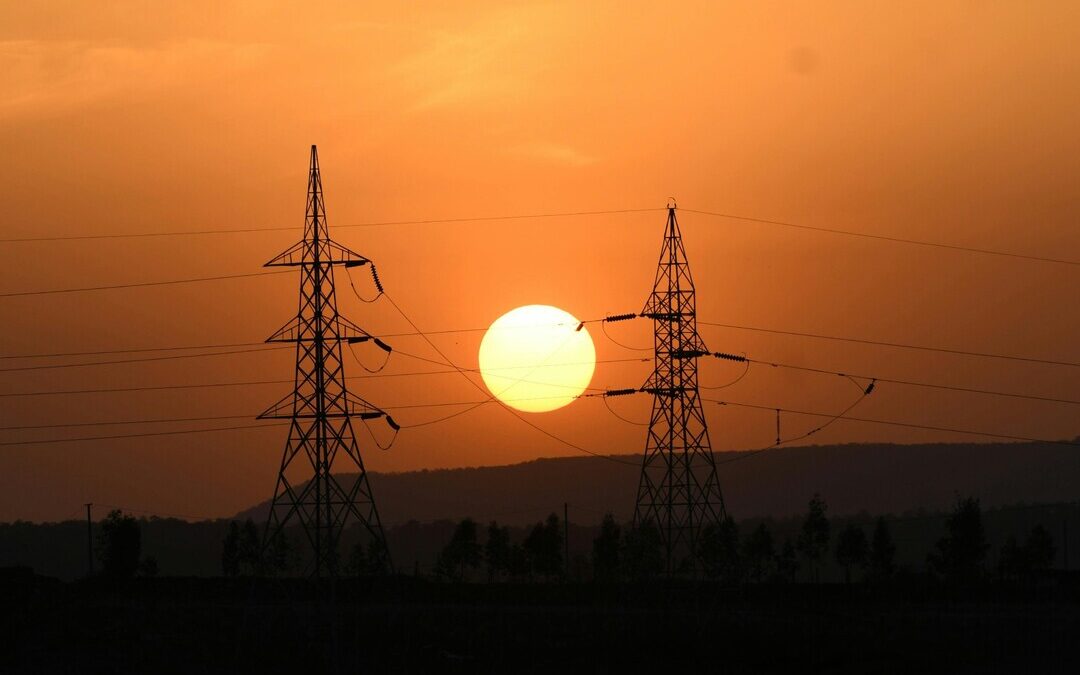SBTi Opens Consultation on Net-Zero Standard for Power Sector
SBTi seeks global feedback on draft power sector standard to align utilities with net-zero targets by 2050.
The Science Based Targets initiative has launched the first draft of its Power Sector Net-Zero Standard for public consultation, outlining new criteria for utilities and energy companies to align with global climate goals. The consultation is open until Nov. 3.
Framework for Decarbonization
The power sector accounts for nearly 40 percent of global energy-related greenhouse gas emissions and faces mounting risks from climate change that threaten infrastructure and supply, according to the first draft.
At the same time, the sector is expected to play a pivotal role in decarbonizing other industries as demand for clean electricity grows.
The draft standard provides a framework for companies across the value chain, including generation, transmission and distribution, storage, trade and retail, to set near- and long-term science-based targets consistent with limiting global warming to 1.5 degrees Celsius and reaching net-zero by 2050 at the latest.
It will replace SBTi’s 2020 Quick Start Guide for Electric Utilities and is designed to align with the draft Corporate Net-Zero Standard Version 2.
Key Features
The draft introduces updated pathways for target setting based on the latest scenarios from the Intergovernmental Panel on Climate Change and the International Energy Agency.
For power generation, companies will need to establish targets covering emissions intensity and the share of low-carbon electricity, alongside requirements for phasing out unabated fossil fuel capacity.
It also sets out metrics for other parts of the sector. Transmission and distribution operators will be assessed on electricity losses and emissions from equipment, while storage providers and electricity retailers will face criteria on low-carbon sourcing and efficiency.
The standard expands coverage to a broader set of activities across the sector’s value chain and introduces activity-based segmentation to reflect operational differences.
Call for Feedback
The SBTi stated that the consultation draft aims to strike a balance between scientific rigor and practical application for businesses.
“Feedback and consultation are critical to the development of a standard that is practical for businesses, while scientifically robust and credible,” the group said in its executive summary.
Stakeholders are invited to comment on issues including the scope of emissions covered, metrics for determining performance, and rules for phasing out fossil fuels.
Input can be provided via an online survey, with the process expected to take 35 minutes, depending on the sections selected.
Next Steps
Following the consultation, SBTi will review and publish a summary of feedback, revise the draft in collaboration with its Expert Advisory Group, and conduct pilot testing before issuing a second consultation.
The final standard will require approval by SBTi’s Technical Council and Board of Trustees before adoption.
If implemented, the standard is expected to guide utilities and energy providers through a critical decade of transition, shaping how they manage climate risks and capitalize on opportunities in a low-carbon economy.
Also Read:
New SBTi Draft Standard Targets Net-Zero Emissions in Auto Sector
Nirmal Menon
Related posts
Subscribe
Error: Contact form not found.


